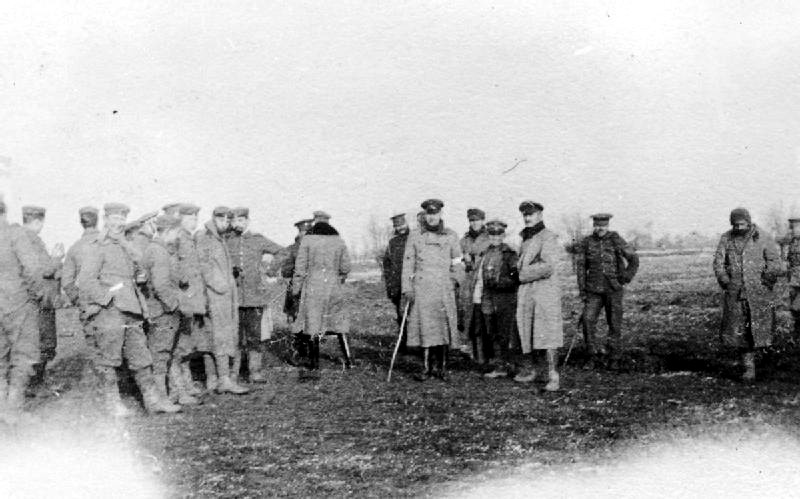 |
| The office is pretty quiet... |
It's time that I put my thoughts about what it means to create real change into writing.
If you're one of the few that has read most of this blog, then you're probably aware of the "methods" label that I've attached to many of this blog's posts. I've consistently believed that improving the world requires far more than the heart to do it; I believe that it requires careful consideration of methodology and of actual execution.
To truly improve the world, one needs to genuinely change it. However, I think that real change remains far rarer than most people would have you believe.
To understand why, we must examine the notion of the normal. The normal is defined by and depends on a set of habits of thought and of behaviour. This status quo consists of routine and can be identified by recurring signifiers such as milestones in people's lives (graduation, marriage, children, etc.).
It's important to grasp the breadth of the former definition: it's important to consider what can fall within the purview of normalcy. For example, resistance, in all of its various forms political or otherwise, is practically normal. Social movement theorists going back as far as Max Weber, (and earlier, depending on who you talk to), identified the emergence of resistance in the face of hegemony as a natural occurrence. Resistance emerges as a means to balance power; its emergence is causal and therefore predictable. Resistance is normal.
Therefore, if change is that which separates from, or alters, the normal, then resistance is not in-of-itself a form of change. In fact, resistance is usually an aspect of the status quo. Moreover, resistance fosters or becomes change depending upon what's done with it.
If normal is the habitual norms that would continue macro- and micro- institutionally in spite of any one person's actions, then change would be that which alters or separates from the routine. Change is therefore before or after the status quo and actions that cause change are performed above or below normalcy.
Notably, many self-proclaimed and self-asserting "change warriors" are simply a part of the status quo. They neither harm or aid normalcy; some of these professional activists spend their whole lives changing little to possibly nothing.
To affect change is to act beyond the normal: to act beyond the cycle of dominance and resistance. This rule applies regardless of one's station. From professional activists to professors to factory workers, we can all be an aspect of normalcy if we choose to do so. To truly create change is to go above and beyond the easy, the usual, and the routine; in other words, to really change something is to genuinely do and be more than what you could do or be otherwise.
---
Then how does one know that he/she is creating real change?
It's impossible to know with any significant certainty, as with most things of importance. After all, the legitimacy of change depends on the legitimacy of the normal and both realities are constantly shifting. These categories are dependent on, and ultimately relative to, one another.
Still, there's some useful questions to ask yourself if you're genuinely concerned about whether or not you're creating real change.
Here's a short list:
Are you, at this moment, comfortable? If yes, then you're probably currently reaffirming the status quo.
Are you consistently more committed to performing well than your colleagues? If yes, then there's a good chance you're contributing to genuine change.
Are you awake relatively early every day? If you are awake early most days, then you're probably having a different impact than most of your peers.
Do you take your own reflective self-criticism seriously? If you don't, then there's a significant chance that you're contributing to normalcy.
So in sum, if you're uncomfortable, relatively over-committed to good performance, waking up with the birds, and actively responding to your own practice, then there's a decent chance that you're creating real change.
---
The picture at the top of this post depicts my office at my high school in China. The piles of books on my desk contain the three assignments from three of my classes that I've been marking for the last 40ish working hours throughout the Chinese New Year holiday. My colleagues maintain that I'm spending too much time preparing for lessons and marking. But I maintain my commitment to real change.




